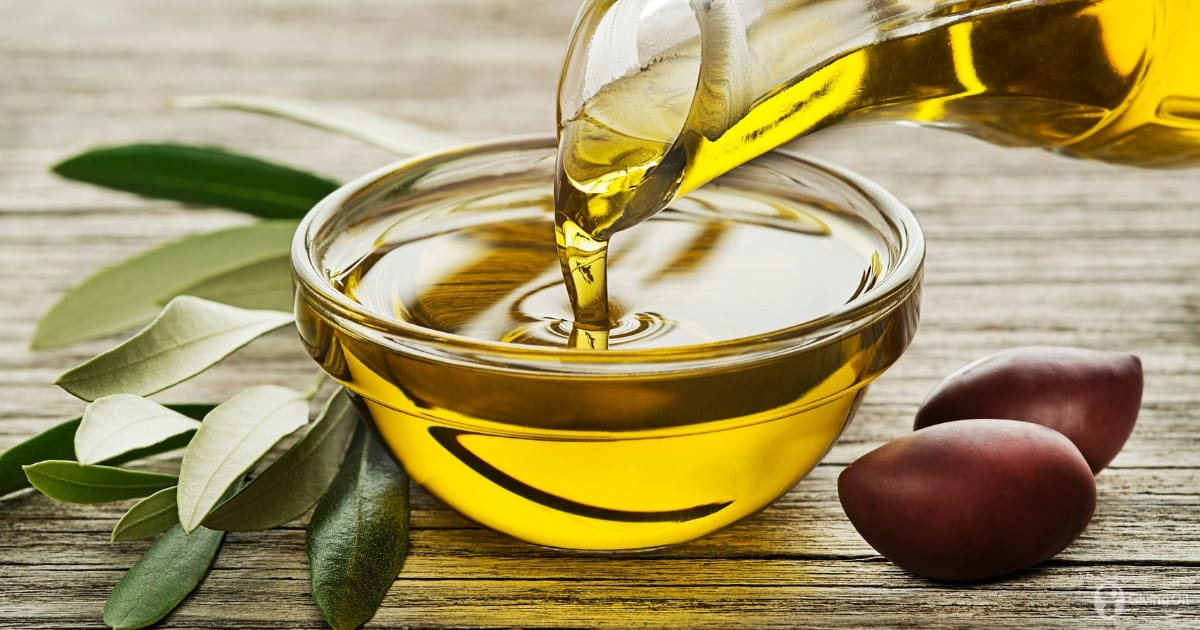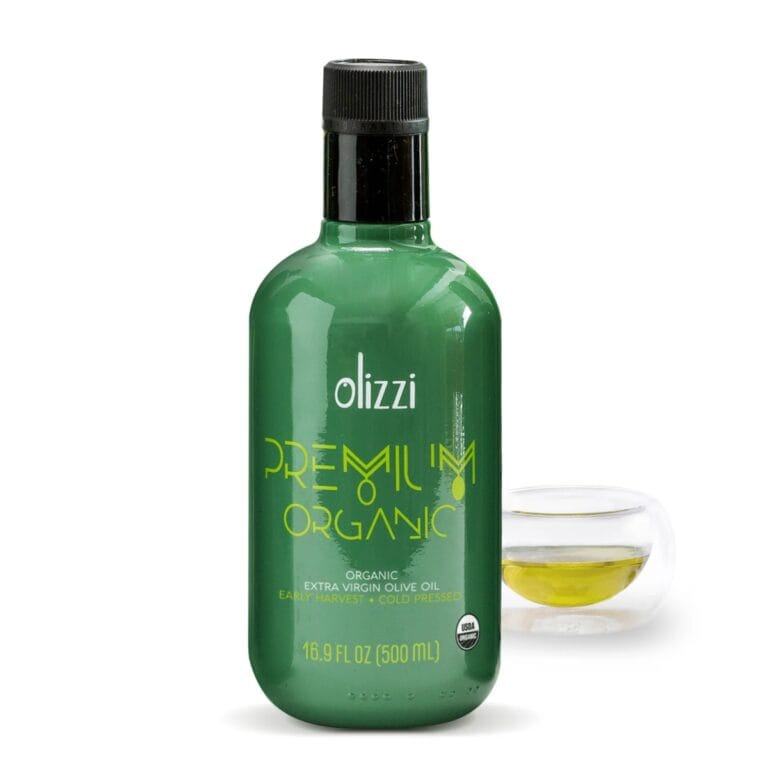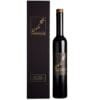What Is the difference between Virgin Olive Oil and Extra Virgin Olive Oil?
Olive oil is a staple in kitchens worldwide, but not all olive oils are the same. The most common question among consumers is: what is the difference between Virgin Olive Oil and extra virgin olive oil? Understanding their distinctions will help you choose the right type for your culinary needs and ensure you’re getting the best quality.
Definition and Production Process
Extra Virgin Olive Oil (EVOO)
Extra virgin olive oil is the highest quality olive oil available. It is extracted solely by mechanical means, without the use of chemicals or excessive heat, preserving its natural flavors and nutrients. To be classified as extra virgin, the oil must meet strict standards, including:
- An acidity level of 0.8% or lower.
- A superior taste profile, free of defects.
- A high content of antioxidants and polyphenols, which contribute to its health benefits.
Virgin Olive Oil
Virgin olive oil is also extracted mechanically but has slightly less stringent quality requirements. While still a good-quality oil, virgin olive oil:
- Has an acidity level of up to 2%.
- May have minor flavor defects.
- Contains fewer antioxidants than extra virgin olive oil.
Flavor and Aroma
The differences in quality also affect taste. Extra virgin olive oil has a rich, robust flavor with fruity, peppery, and slightly bitter notes, making it ideal for drizzling over salads, dipping with bread, or finishing dishes.
Virgin olive oil, on the other hand, has a milder and less complex taste. It is still suitable for cooking but may not provide the same depth of flavor as extra virgin varieties.
Health Benefits
Both virgin and extra virgin olive oils offer numerous health benefits, but extra virgin olive oil is superior due to its higher concentration of antioxidants and polyphenols. These compounds contribute to:
- Heart health by reducing bad cholesterol (LDL) and increasing good cholesterol (HDL).
- Anti-inflammatory properties that help protect against chronic diseases.
- Rich vitamin E content, essential for skin and overall health.
Best Uses in Cooking
When to Use Extra Virgin Olive Oil
- Salad dressings, marinades, and dips.
- Drizzling over cooked vegetables, pasta, and grilled meats.
- Finishing dishes for an enhanced flavor experience.
When to Use Virgin Olive Oil
- Sautéing and light frying.
- Cooking where a milder olive flavor is preferred. Related Article: Is cooking with olive oil harmful?
- Baking recipes that require a subtle olive oil presence.
Understanding the difference between Virgin Olive Oil and extra virgin olive oil allows you to make better choices in the kitchen. If you seek the highest quality, richest flavor, and maximum health benefits, extra virgin olive oil is the best option. However, virgin olive oil remains a good alternative for cooking and everyday use.
Explore our selection of premium olive oils and find the perfect olive oil for your needs!


































Add comment